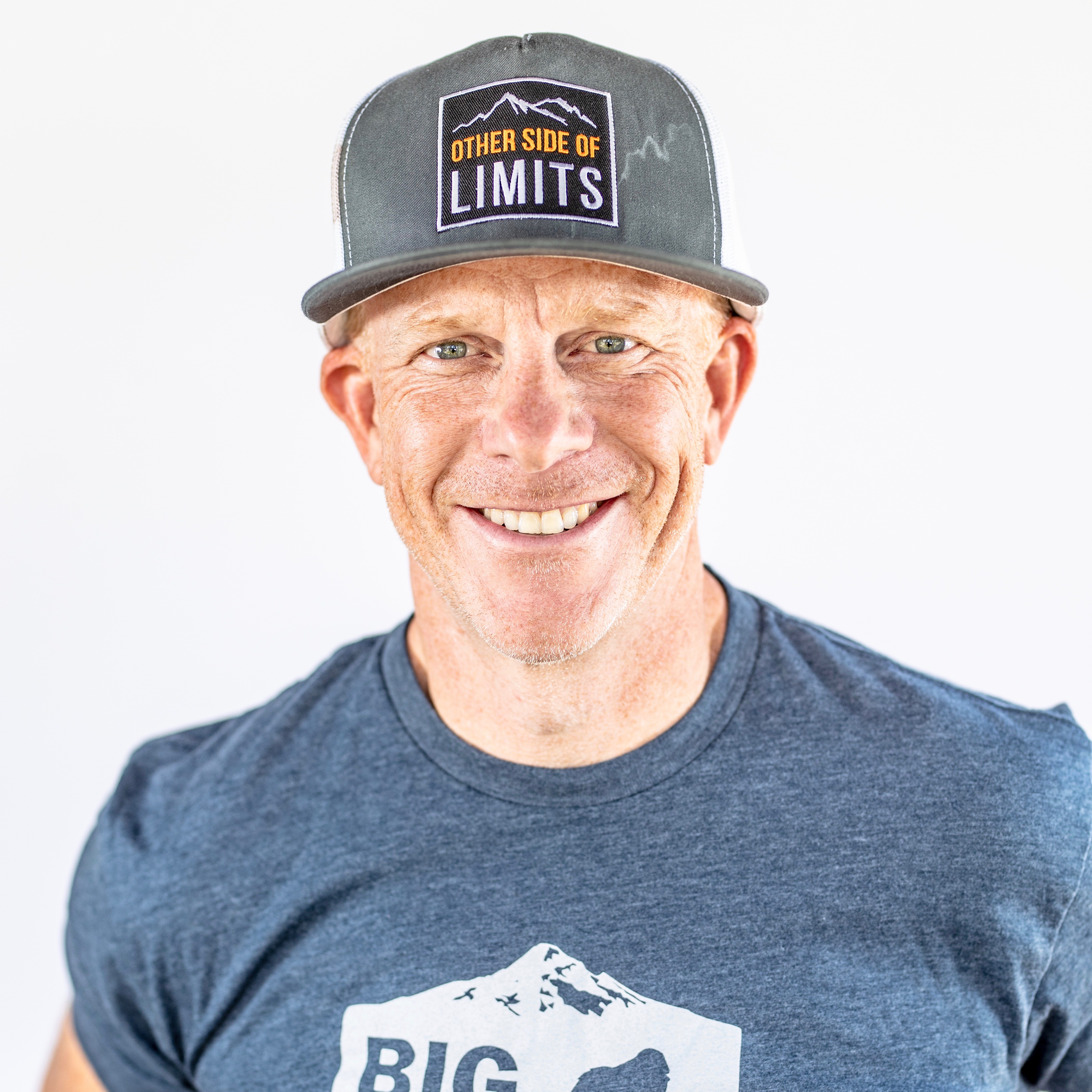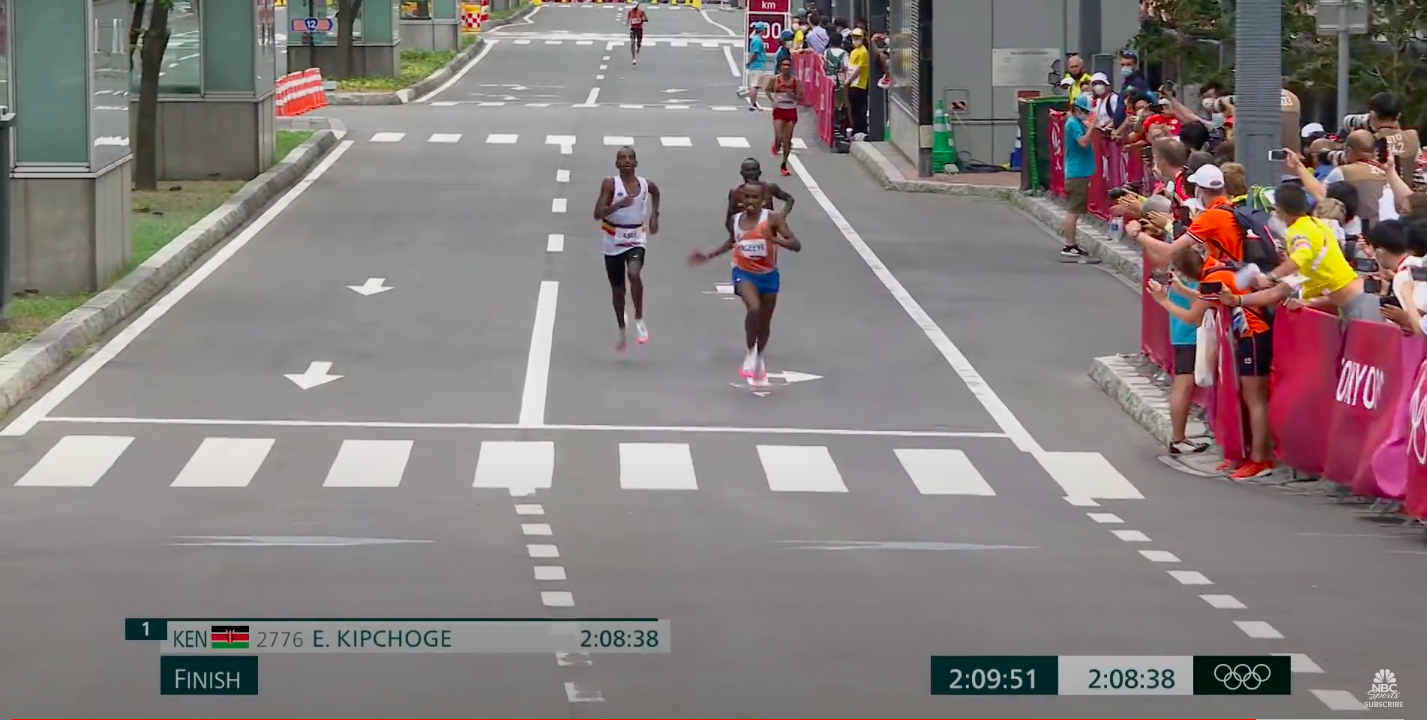News headlines from the men’s Olympic marathon were dominated by Kenya’s Eliud Kipchoge’s spectacular performance to win the gold medal. Not only did Kipchoge defend his Olympic marathon title from the 2016 Rio games, but he became only the third person in history to win successive Olympic marathons.
As momentous as Kipchoge’s performance was, what captured the hearts and minds of so many was the all out sprint and three-way race in the final stretch for silver and bronze. With less than a kilometer to go, Abdi Nageeye of the Netherlands and Bashir Abdi of Belgium, were battling Lawrence Cherono of Kenya (teammate of Eliud Kipchoge) for the podium and Olympic medals.
In the final moments, Nageeye pulled slightly ahead and did something that nobody expected. He slowed down. On the world’s biggest stage with an Olympic medal on the line, Nageeye slowed down, looked back and waved forward the struggling Abdi, urging him to push harder and pull ahead of their Kenyan rival in the final sprint for the line.
Despite obvious pain, the cramping Abdi, fueled by the encouragement, overtook Cherono of Kenya in the last few meters to finish third, just behind Nageeye, who won silver. After the race, the pair embraced as they celebrated the magical Olympic moment.
Afterward, we learned that the two men were friends and training partners. And despite representing different countries, the bond and comradery between the two was evident. In the post race interview (as reported by Reuters) Nageeye shared how, “In the last 800 metres I wanted to go, but I thought about Bashir and I was like, let him come close. So I was trying to help him and he had a cramp. In training, one of us is always a little better than the other in different training sessions. We encourage each other. It’s what teammates do.”
We encourage each other. This is such a simple but powerful message, which has the ability to unlock the enormous untapped reservoir of human potential that resides within each of us. It’s not to say that we can’t accomplish things on our own, but the passionate encouragement from others at just the right moment can make all the difference. It’s what I regularly refer to as the power of an affirmational nudge.
In my own life, there have been countless examples where someone believed in me and gave me just the nudge I needed to push forward, to take a risk and pursue something beyond what I thought was possible at the time. And in each instance, while the outcome was never certain and the process difficult, I grew as a person and learned from the incredible journey that unfolded.
We all need people like Nageeye in our lives. We benefit from those trusted individuals who push us out of our comfort zones in pursuit of our most ambitious goals, dreams and aspirations. But what’s equally important, and what I’ve come to appreciate so much, is the incredible joy, happiness and fulfillment in life that comes from providing that affirmational nudge to others.
That’s where my focus is right now. Taking the time to slow down in my own marathon of life in order to help others accomplish their goals. And in doing so, we both win.


